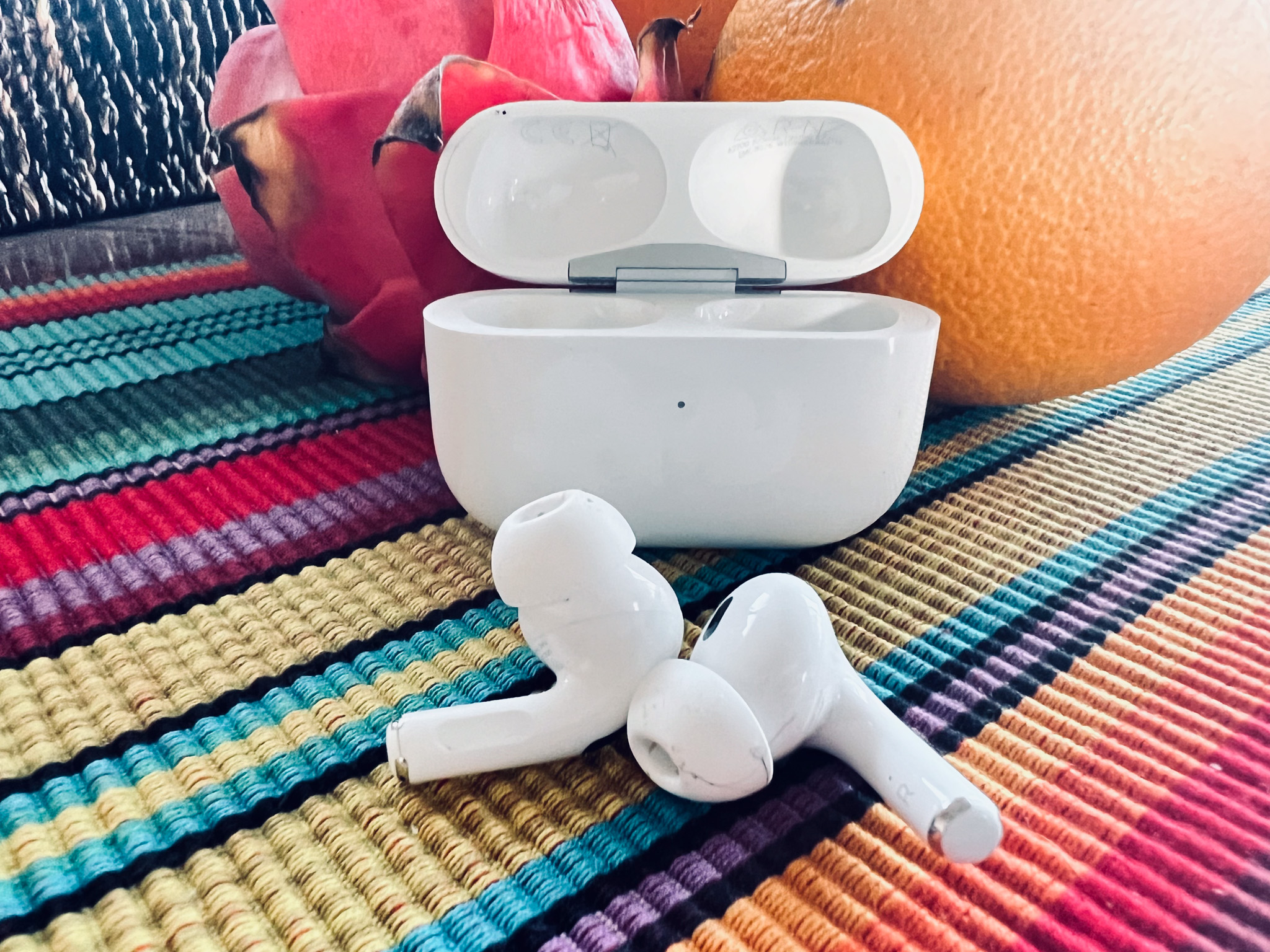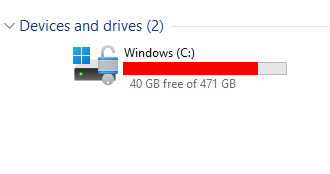In the last article, I explained the pros and cons of backing up your data to the Cloud. In this article, let’s look at what it means to back up data to a storage device and the advantages and disadvantages of this option. This article is only addressing backing up data. Backing up your entire device, including the operating system will be addressed in another article down the track.
Storage devices from a personal perspective (not business) include USB drives, external hard drives and NAS (Network Attached Storage). It is where the data on your device is copied to another device automatically or manually. While manually copying gives you control knowing that it has been copied, it can be time-consuming so you may wish to consider utilising some backup software to automate this process. Some hard drives will come with their own software or there is free and paid software you can install to do the job. There are also built-in tools in your Operating System that can do the task.
Pros
- Data is isolated from online threats- if the data is stored locally on a drive that only you have access to, hackers can’t access it (provided it is not connected permanently to your computer that is connected to the internet).
- Can be accessed without the internet- you don’t need to be connected to the internet to access the data.
- No ongoing costs- once you have purchased the drive, there isn’t an annual or monthly fee (unless you are paying for software of course).
Cons
- Have you heard the term- “It’s not if a hard drive will fail, it’s when”? Don’t think that your data is safe because it’s on a hard drive. Hard drives fail. All the time. For no reason.
- Hard drives can be lost or stolen- they are usually not very big so can easily get lost and can easily be stolen.
- You are responsible- you are the only one responsible for ensuring that the backups are running on a regular basis and working as well as making sure they are secure. You aren’t relying on professional third parties to protect your data.
Advice
- Do your research and compare the solutions. Make sure you are comfortable with knowing how it works, how to check the backups are running and how to restore the data if required.
- Regularly check that the backups are running and that everything is working,
- Ensure you have an off-site backup. For example, we have 2 drives. One is stored at home, and one is at a family member’s house. Once a month, we swap the drives over. We are comfortable with knowing that in a worst-case scenario, we would only lose a month’s worth of data.
- Once the backup has been completed, disconnect it from your computer to isolate it from online threats.




One Reply to “BACKUP LIKE A BOSS: HOW TO SECURE YOUR DATA ON A STORAGE DEVICE”